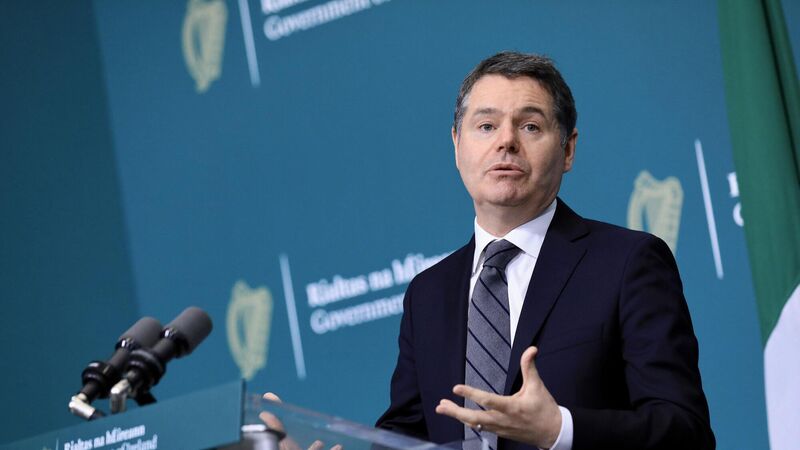Dire jobless figures tell you all that you need to know about why we have to reopen

Paschal Donohoe, the finance minister, says that remaining at Level 5 for December might have cost €1bn. Picture: Julien Behal
This year is one we will all want to forget as quickly as possible, and we hope that we can look forward to better times. How 2021 turns out will be influenced, above all else, by the vaccines.
In that context, there are certainly grounds for optimism. We can only hope that safe and effective vaccines will be delivered in the coming months and that our health authorities will do a better job in dispensing them than they have done in managing the crisis since March.











